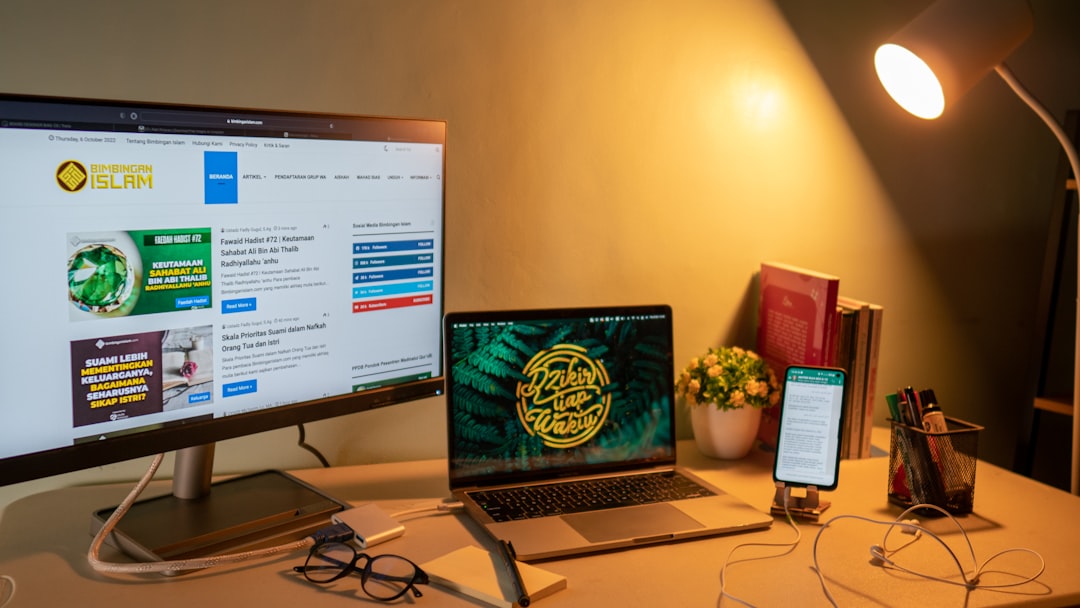Whether you’re attending an interview for a job at NASA or as a care assistant in a local nursing home, job interviews can make even turn the most confident professionals into a bundle of nerves.
What is a hiring manager thinking?
Are you making a positive first impression?
What are your chances of getting the job?
To help answer some of these questions, we must delve into the mind of the interviewer.
In this blog, you’ll find three questions every hiring manager is asking themselves during your interview and how you can use this information to convince them that you’re the perfect candidate for the role.
Will they fit in?
One of the most important elements of any hiring decision is trying to identify whether a professional will seamlessly fit into the company.
During your interview, your interviewer will be trying to picture you in a role, analysing how you’d working along the current team.
It’s your job to demonstrate how your personality is a perfect match.
The problem is, it’s not always easy to get a feel for this until you’re actually there.
While it’s not ideal, you should make sure you arrive with plenty of time to spare, so you can use your time spent waiting in reception wisely.
Assess the atmosphere – is it quiet?
Or is there a buzz around the room with people bouncing ideas off each other?
Are the employees bubbly and charismatic?
In the interview itself, assess how your interview is coming across.
Are they following a regimented, structured interview format?
Or are they more conversational and open to telling anecdotes?
Once you’ve picked the tone up, you can adjust your approach accordingly.
In roles that require one-on-one interaction, such as a care worker, part of the job is being personable.
You need to come across as positive, happy and a good listener.
During the interview, you’ll have countless opportunities to weave in some of the required job qualities in your answers.
Interviewers will be listening carefully for these keywords.
Before the interview, take the time to study the job description and highlight the desired skills or keywords.
The more times you mention these, the more likely you’re going to improve your chances of securing the job.
Are they who they say they are?
Before the interview stage, employers are going off a lot of assumptions.
With around 92.5% openly admitting to lying on their CVs, don’t be surprised (or offended) if the interviewer sat opposite you grills you on your experience.
Employers are more than aware of these facts, so they’ll want you to give them key examples or scenarios to back up your claims.
The best way of doing this is to assess your CV before the interview and apply the STAR technique to each key point.
STAR stands for:
Situation – explain the situation
Task – what you were required to do
Activity – what you did
Result – how the situation played out
By having these examples in your mind, you’ll be able to effectively show the interviewer how your experience transfers to the role.
Can I manage this person?
If you’re applying for a entry or mid-level role, you’re going to have someone above you managing you.
Your interviewer will be thinking about whether you can be managed.
Coming across as too outspoken will massively backfire.
You portray yourself as an open-minded individual who is willing to learn.
Mentioning your teamwork skills and any collaborative projects is a perfect way to demonstrate this.
You must also remember that your manager needs to get on with you.
If the interviewer is also your future manager, use the interview to find common ground.
If you both share a passion for the same sports or hobbies, talk about it when applicable.
Your manager wants to know they can get on with you, after all, they have to spend a great deal of time with you every week!
Is this person enthusiastic about the role and the company?
Another thing a hiring manager will be thinking about during an interview is whether you’re enthusiastic about the role or not.
It’s important to show that you’re genuinely excited about the company and the job itself.
Find positive things from social media accounts, PR and the job description itself.
Referencing these snippets of information during the interview will tell the interviewer why you’re excited about working for the company.
Perhaps the company has an incredibly long history, which inspires you to want to be a part of their story.
When’s lunch?
Nope, I’m not joking.
Granted, your interviewer might not always have food on their mind, but their minds will wander – it’s human nature.
Interviewing back-to-back can be long and monotonous, making them hungry, tired, bored or abrupt.
The best way to combat this, especially if you have a late afternoon interview, is to keep your answers short and sweet.
Always be aware of the time and remember to remain positive throughout.
At the end of the day, you can’t control external factors.
All you can do is make a lasting impression of yourself which outweighs the interviewer’s desire to eat!
Enjoyed reading this?
If you’re interested in pursuing a career in the care industry, take a look at some of these other handy articles:





